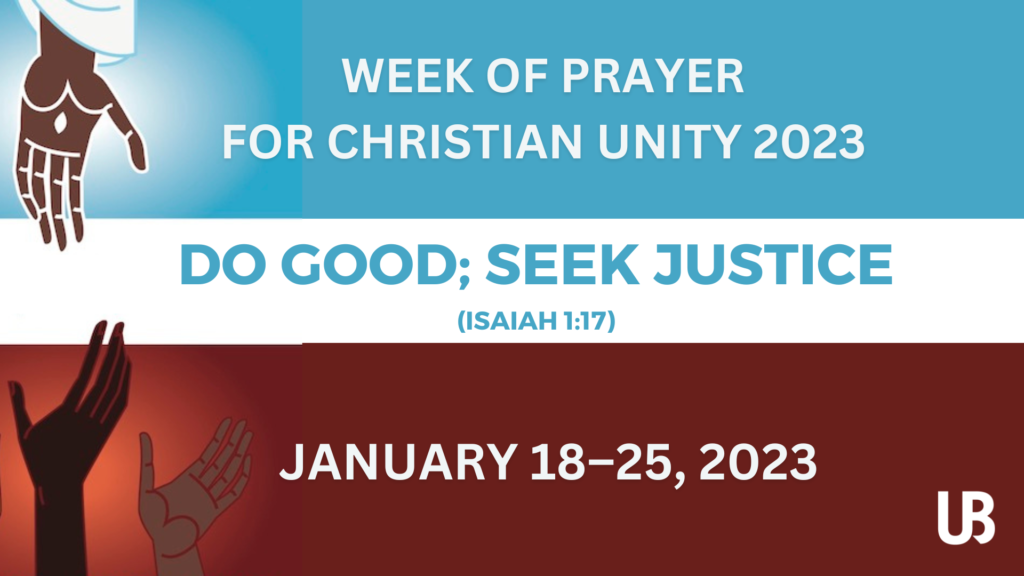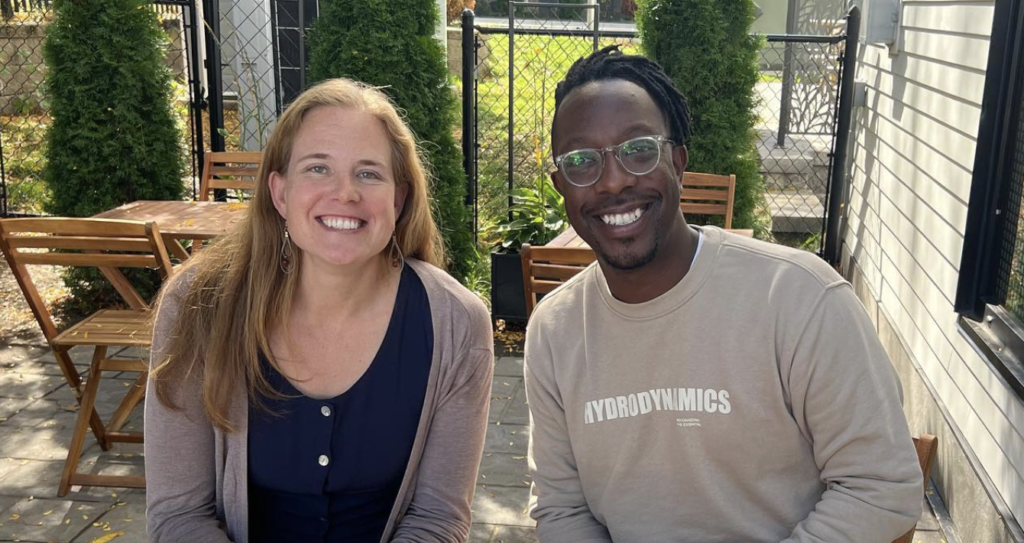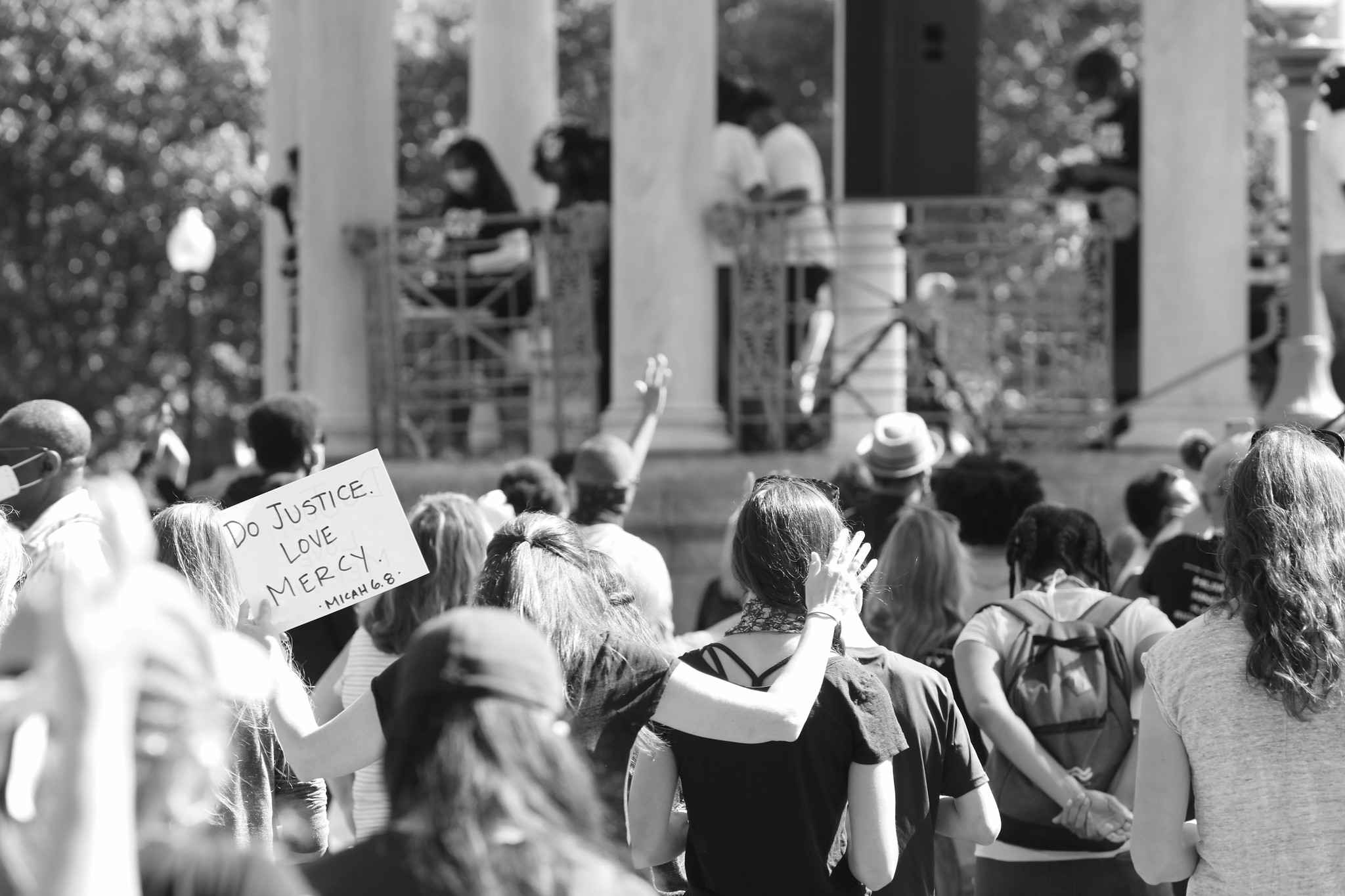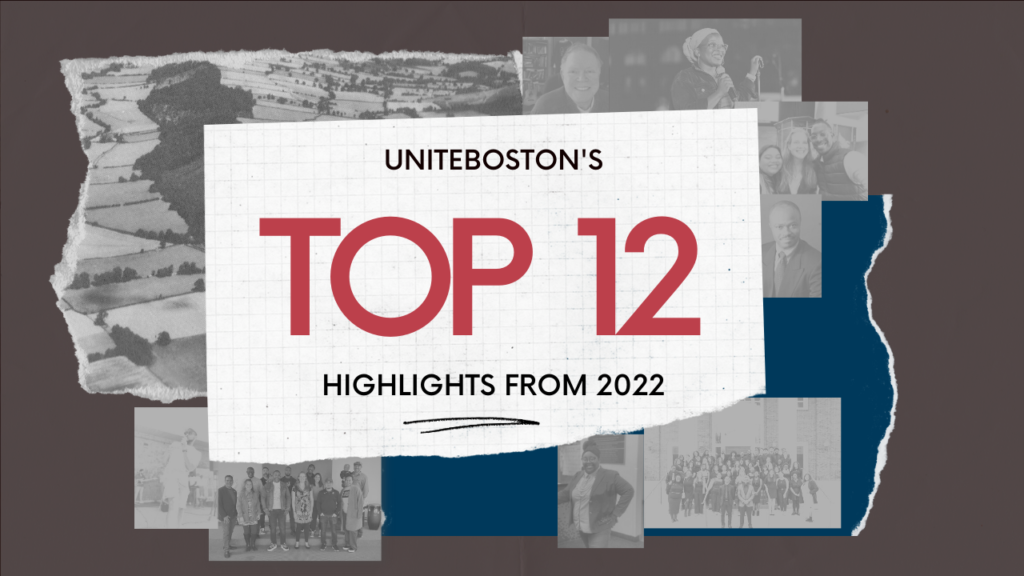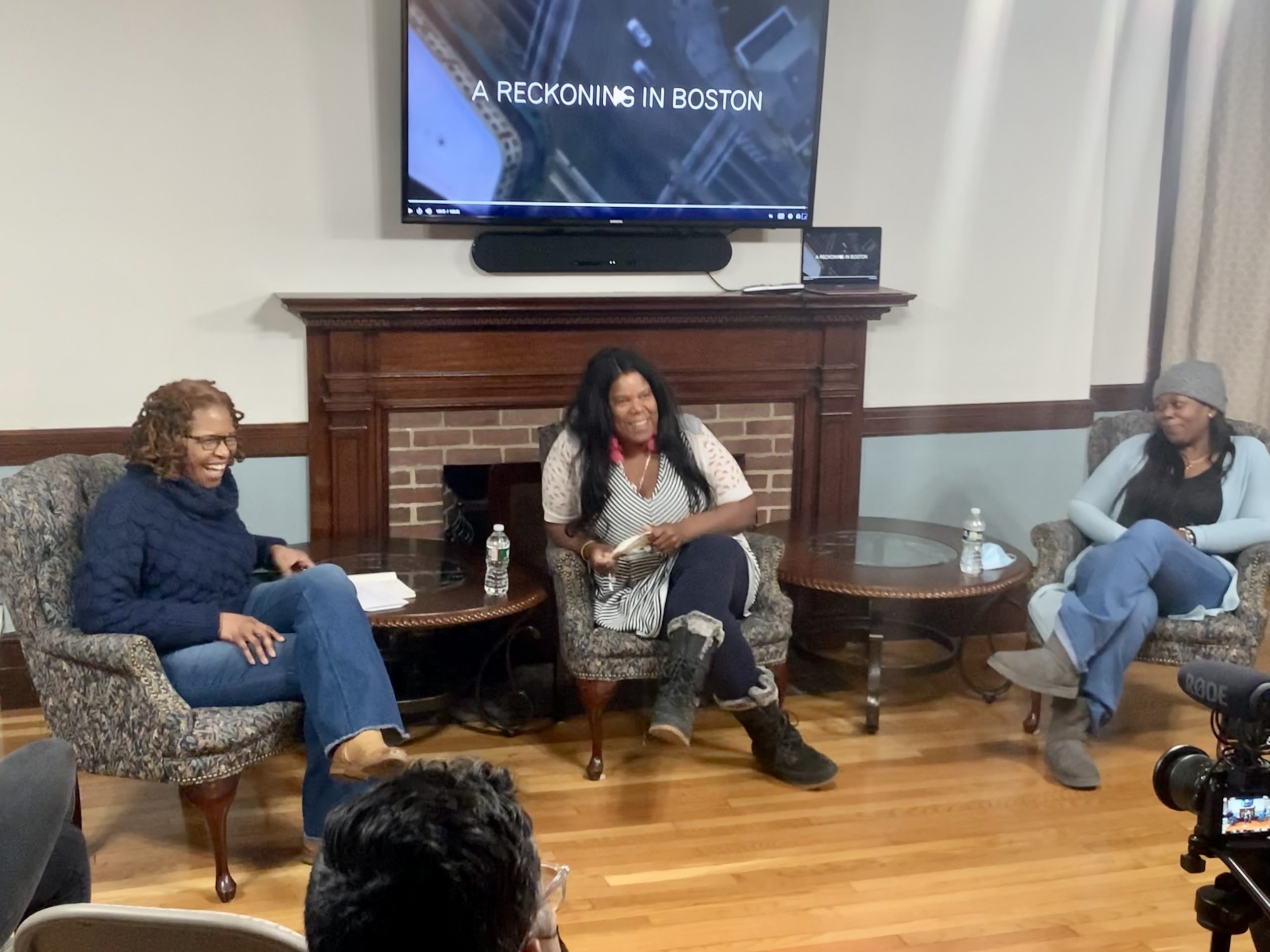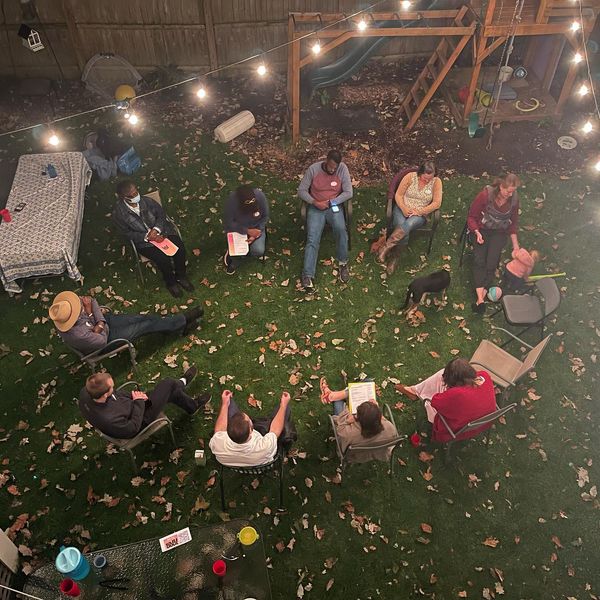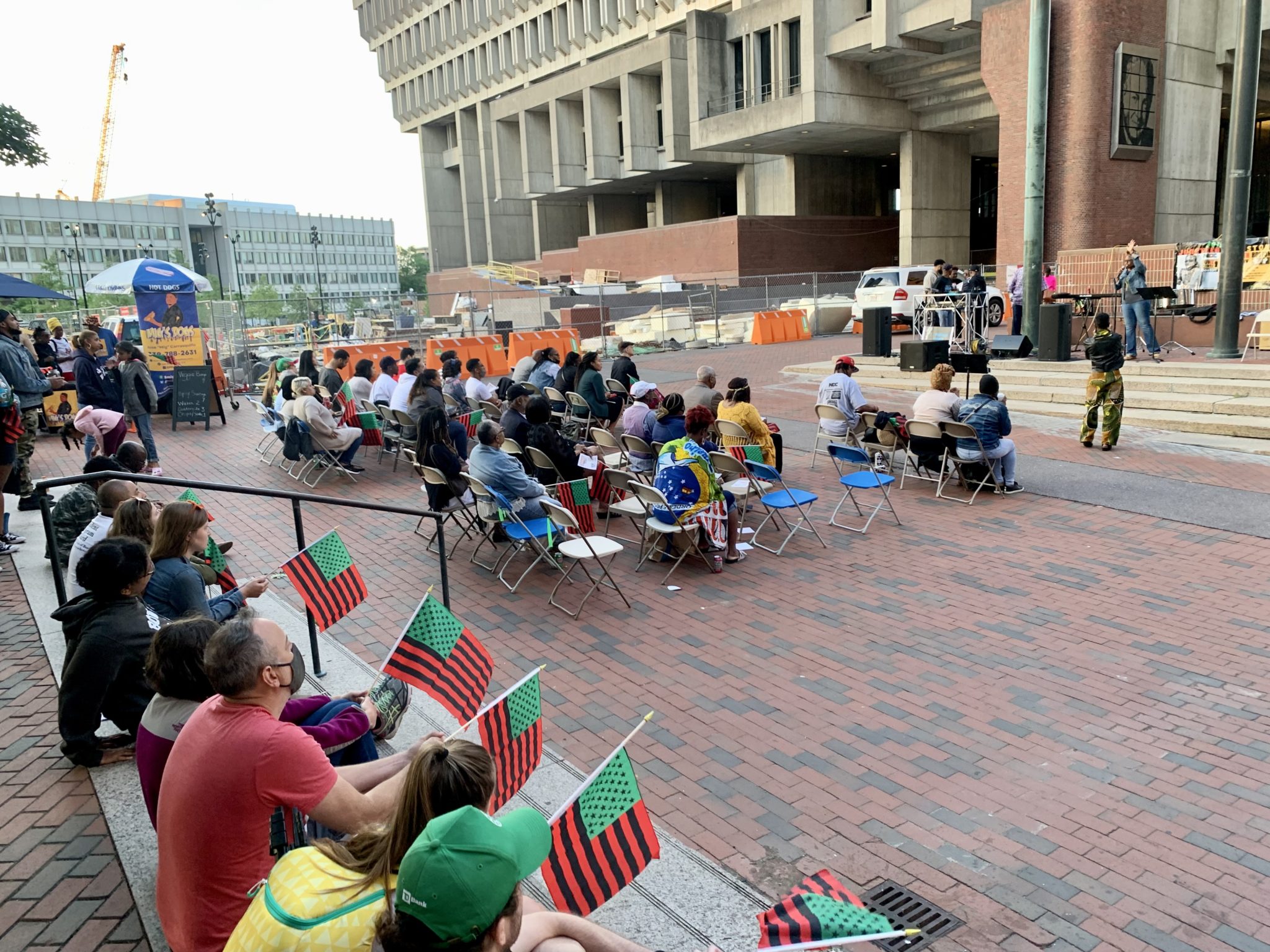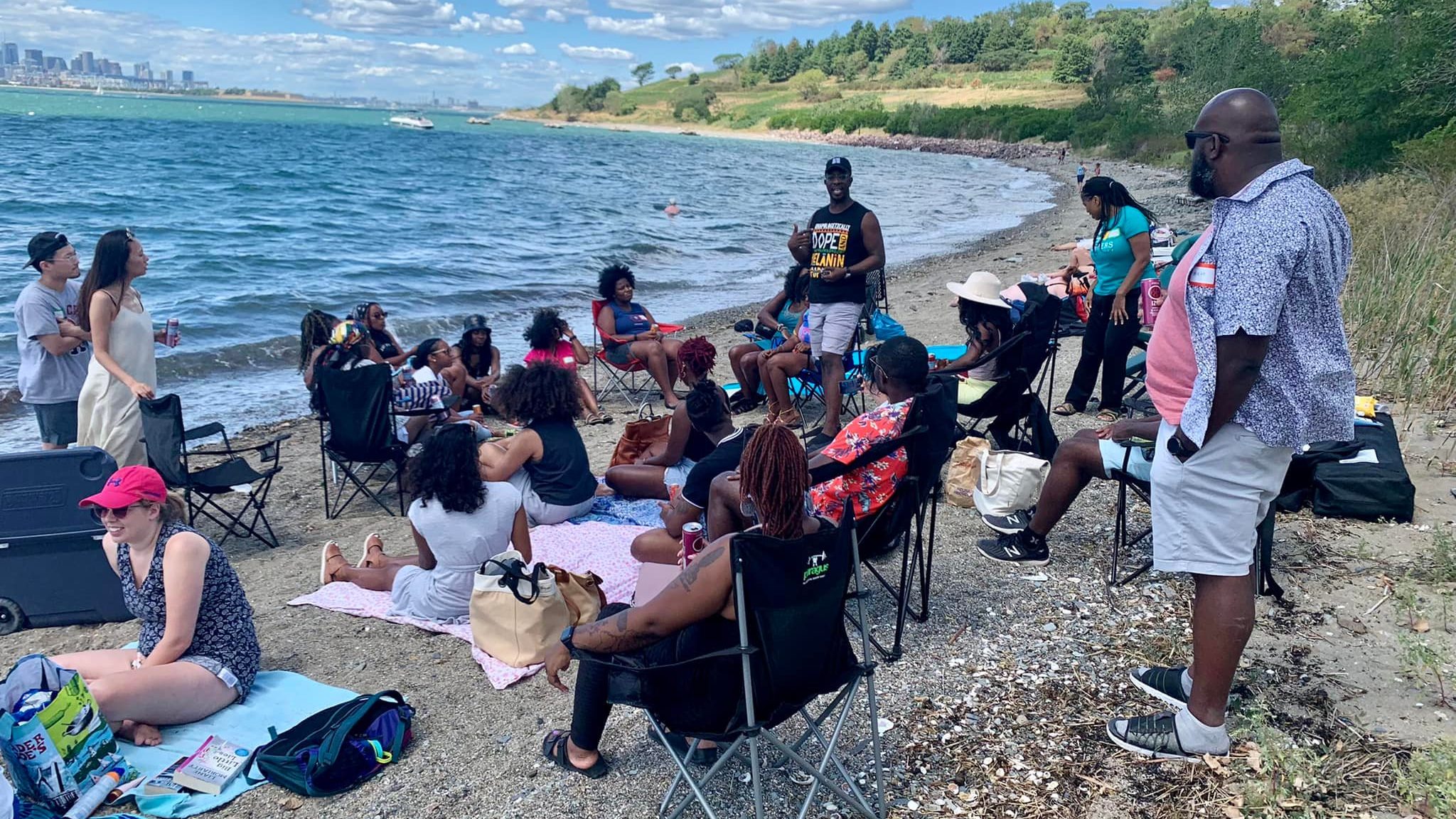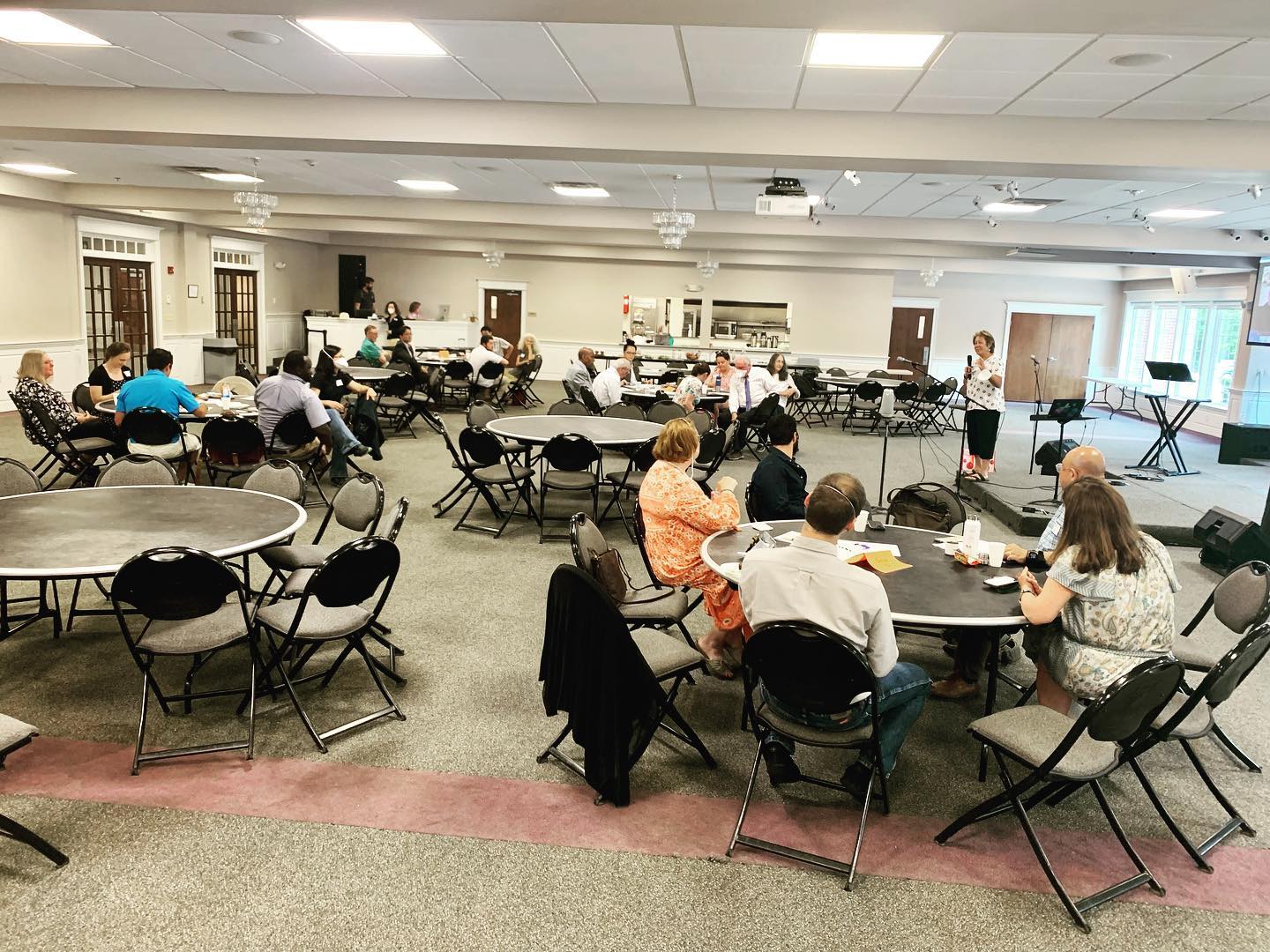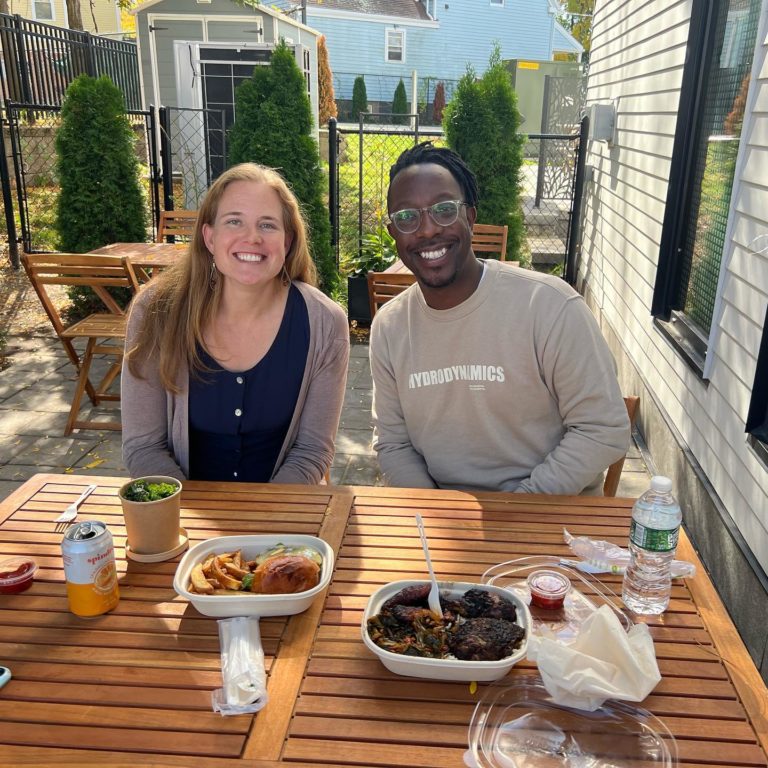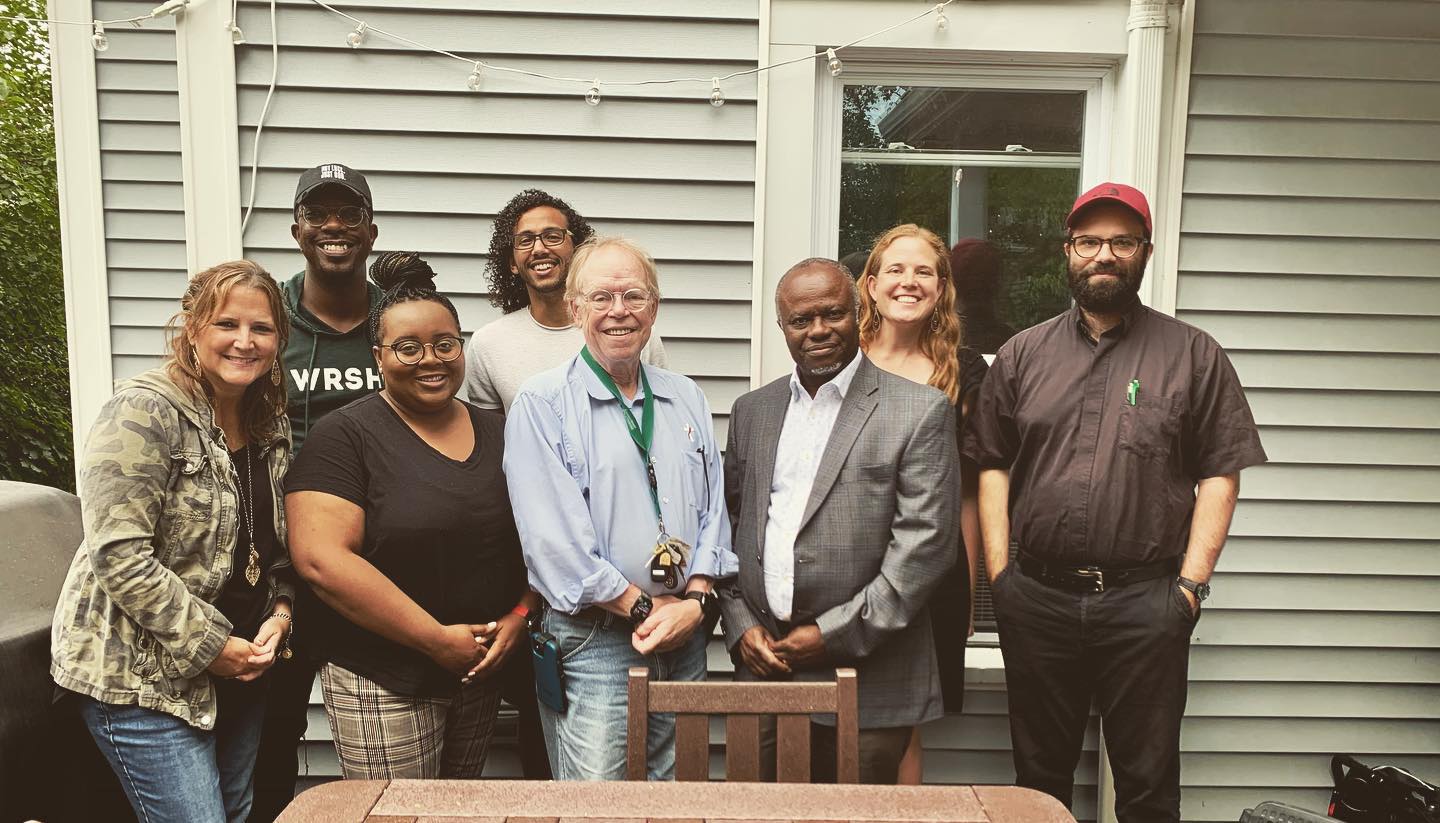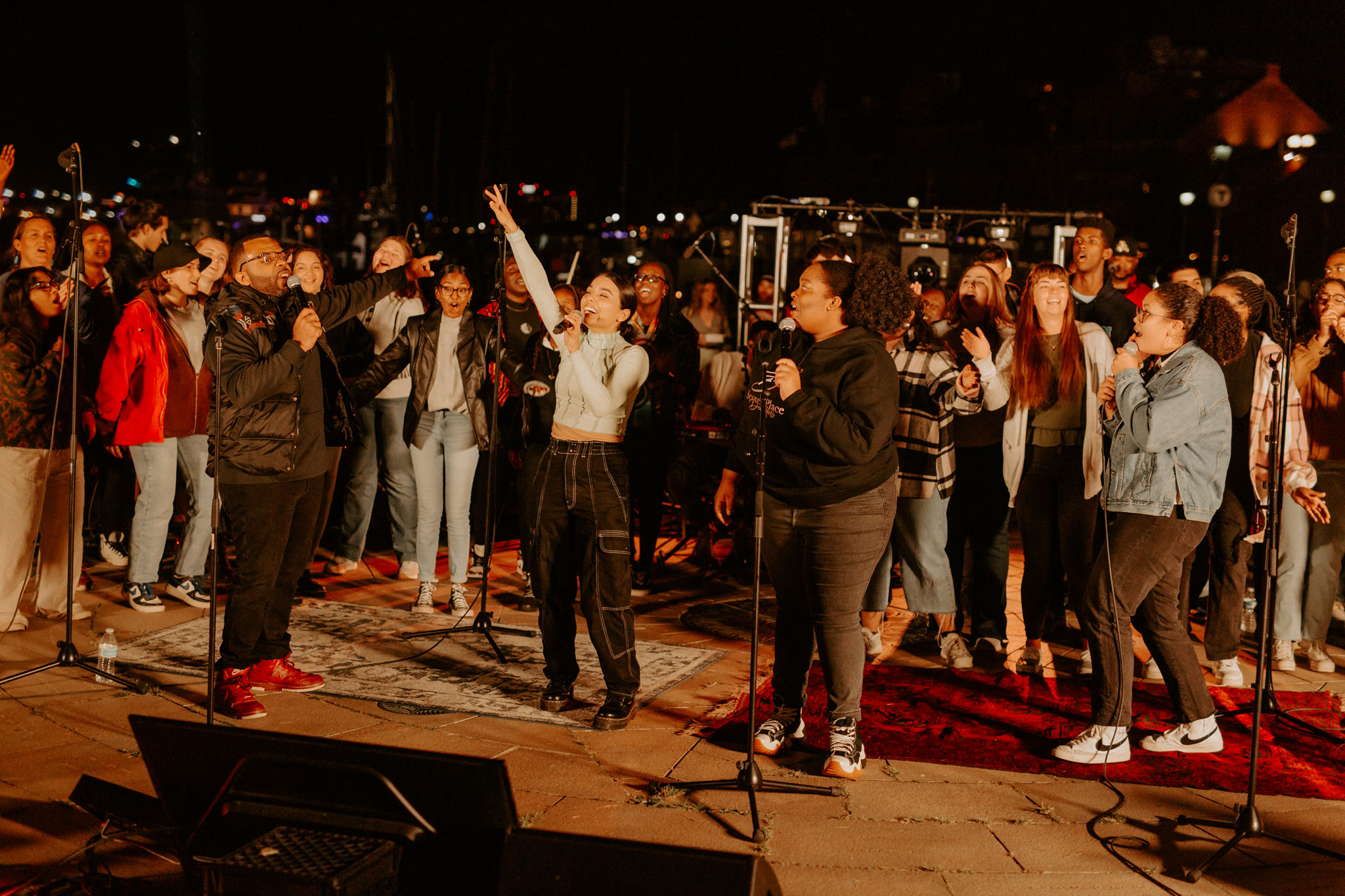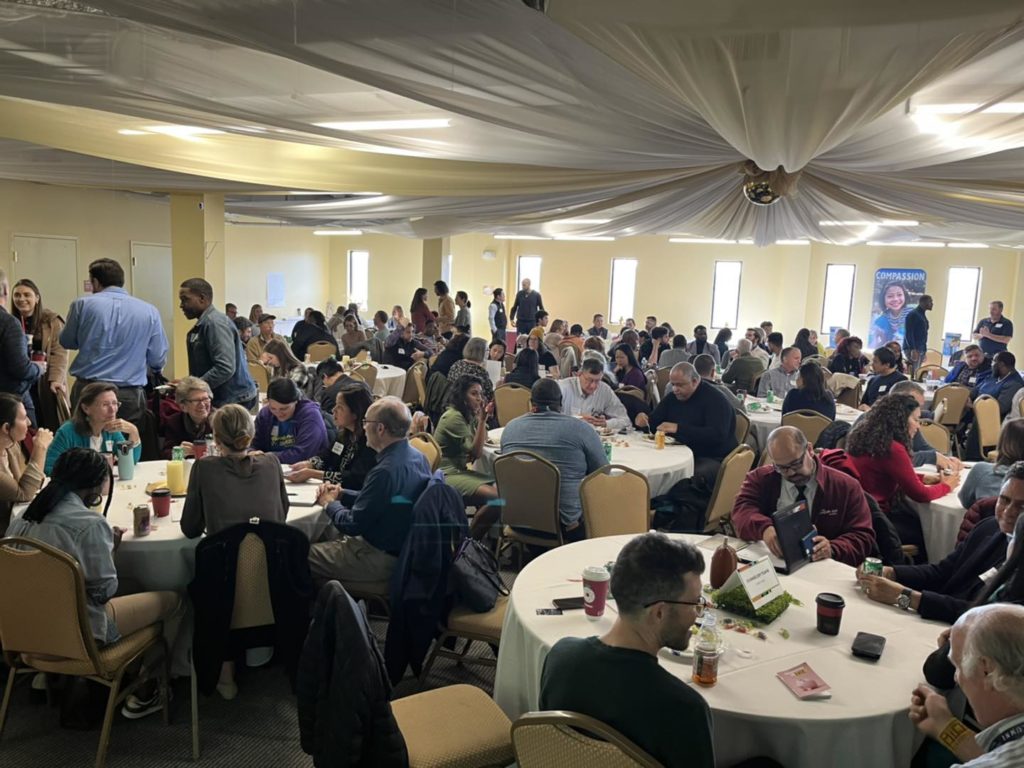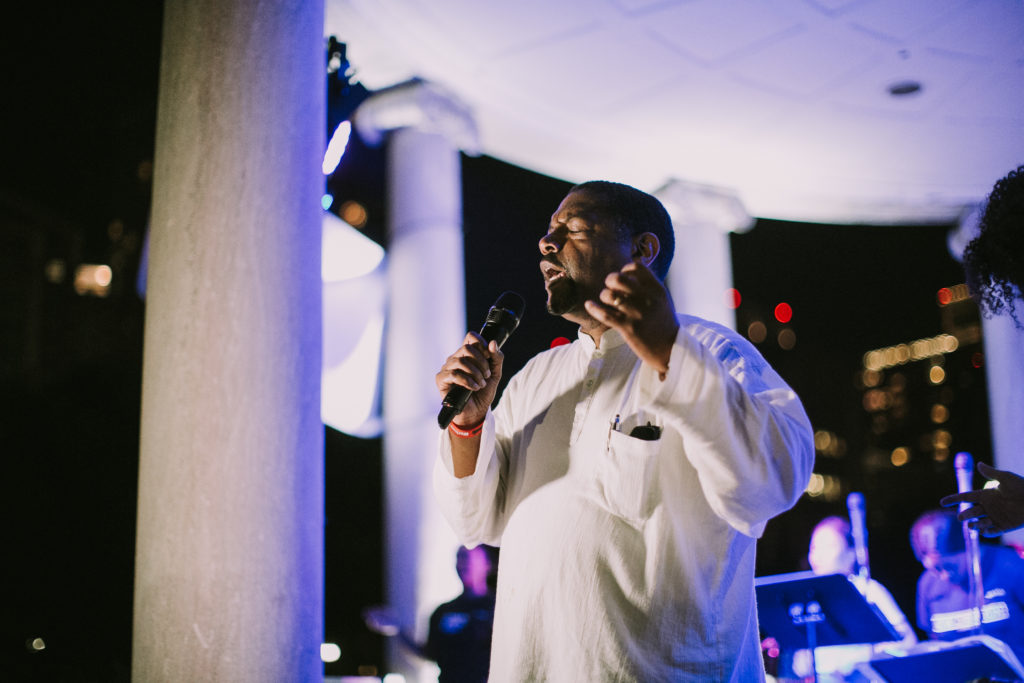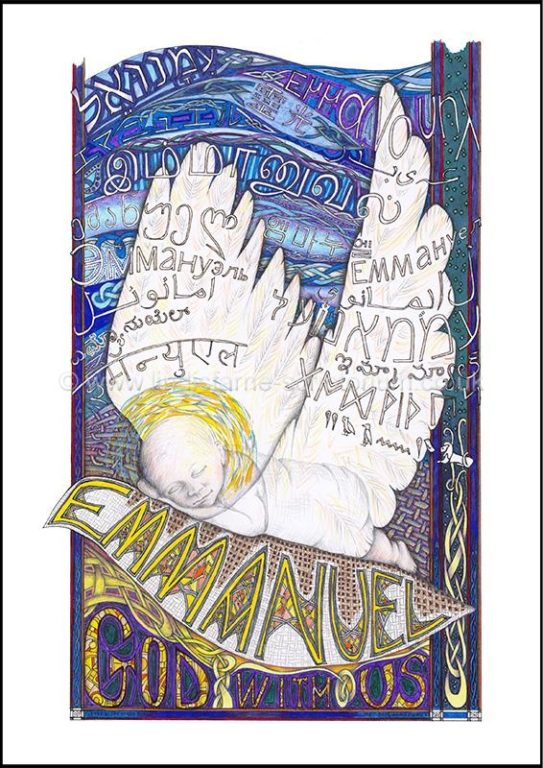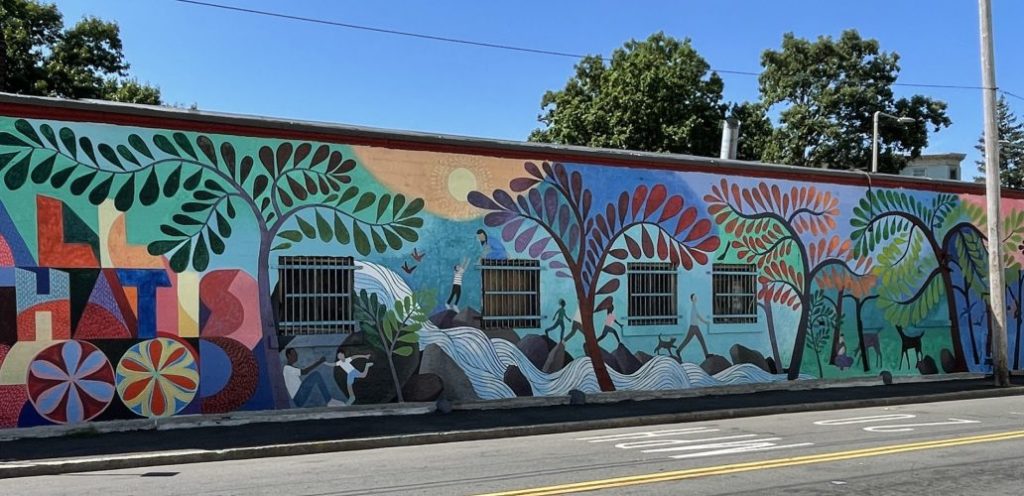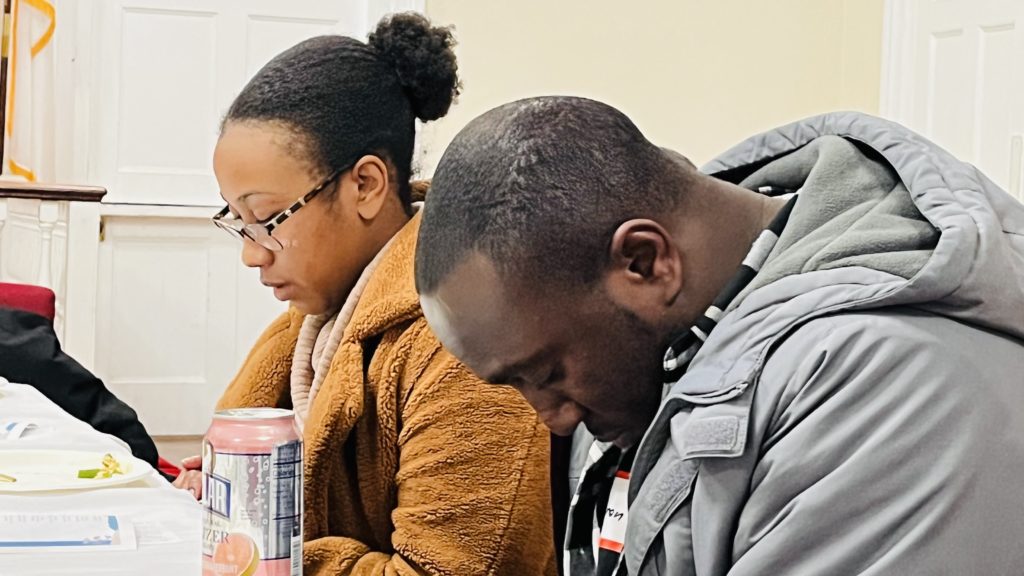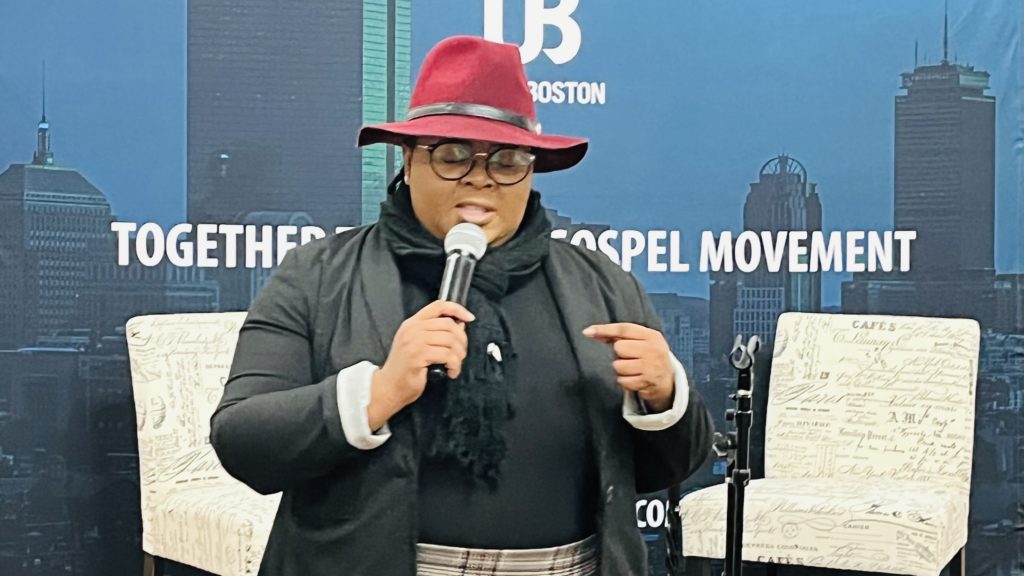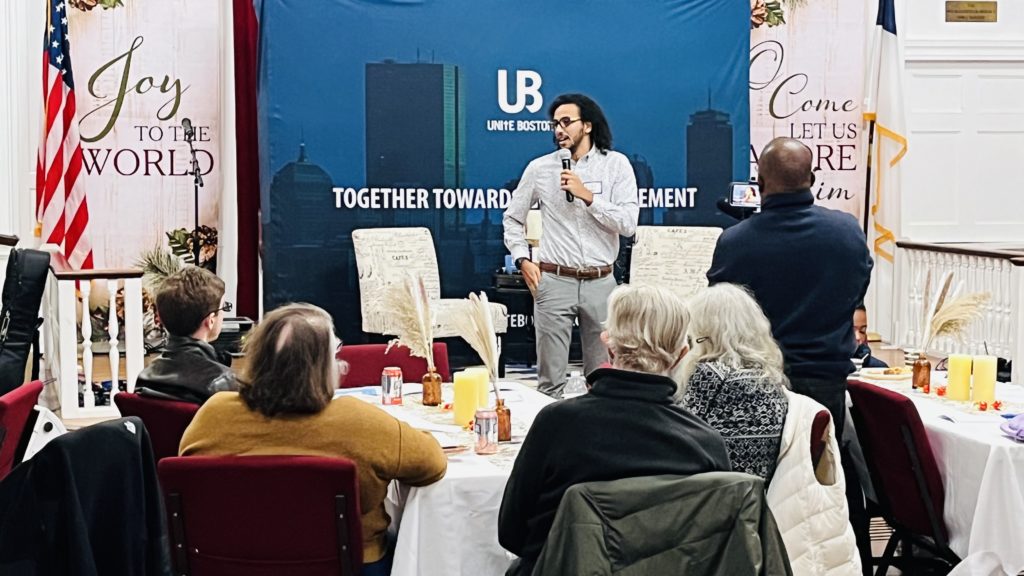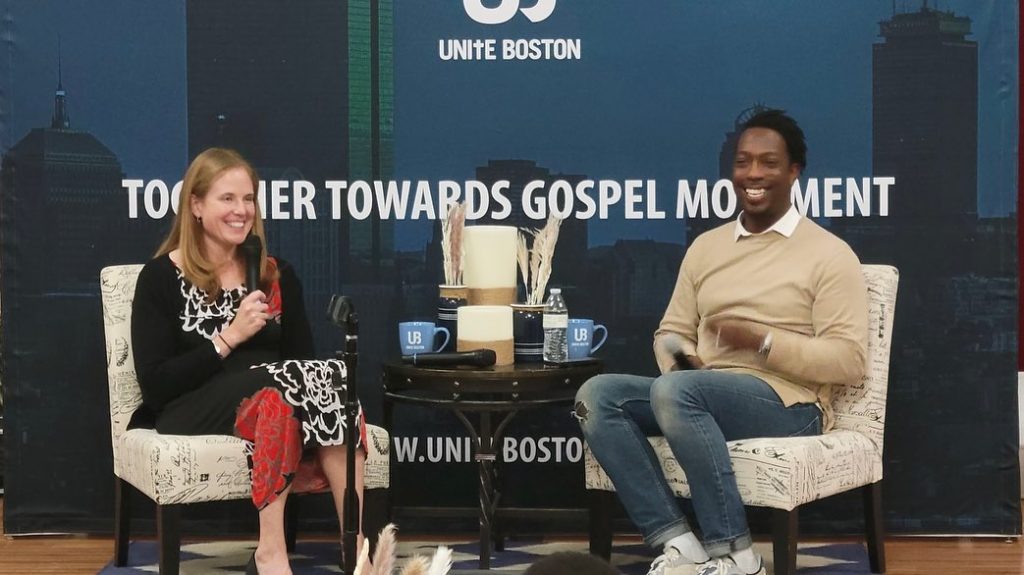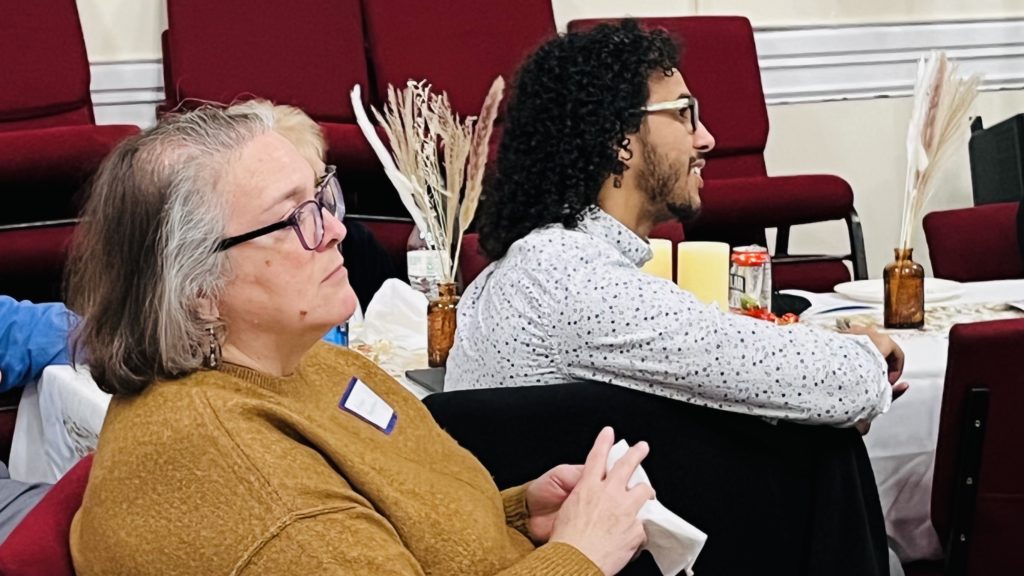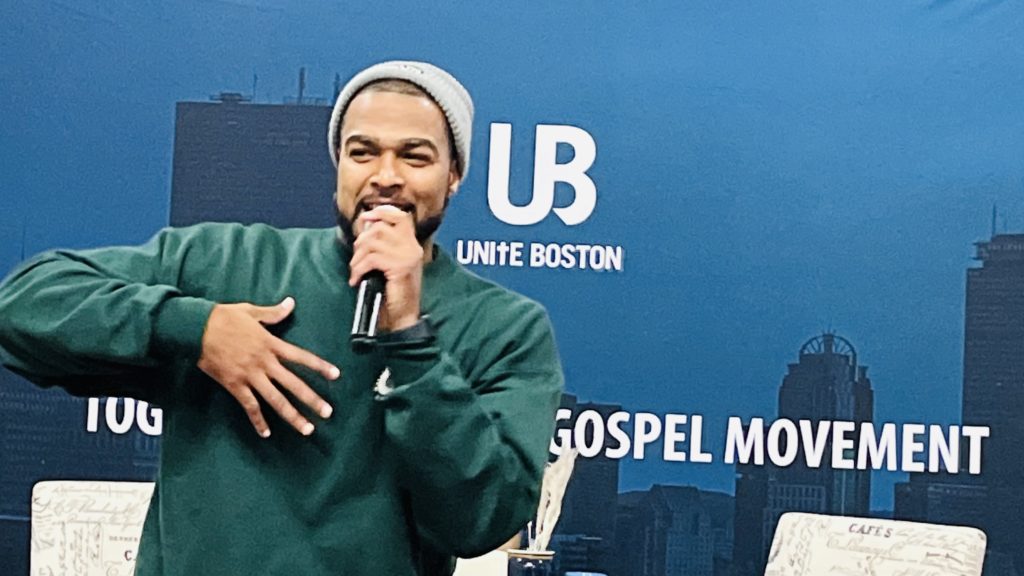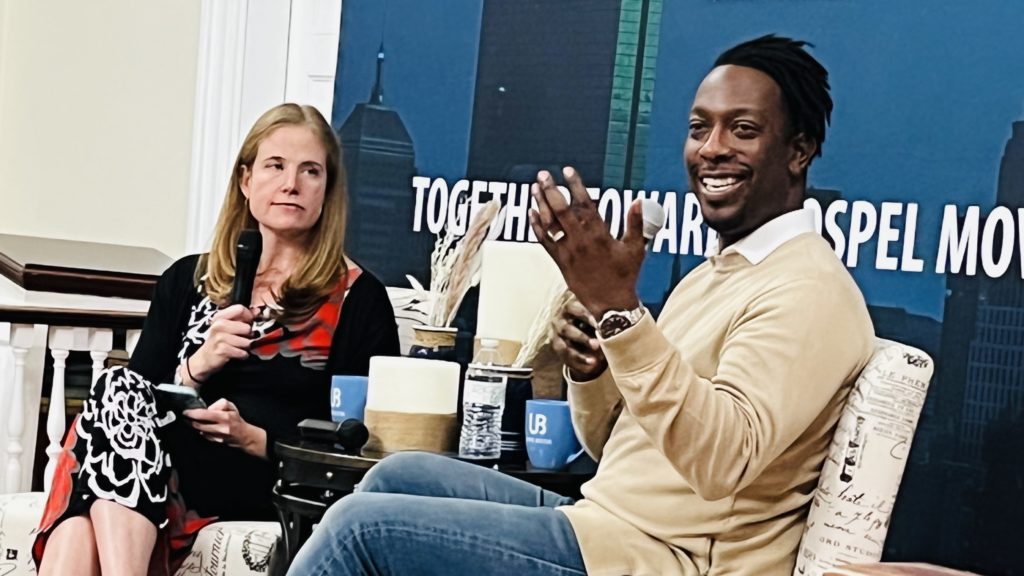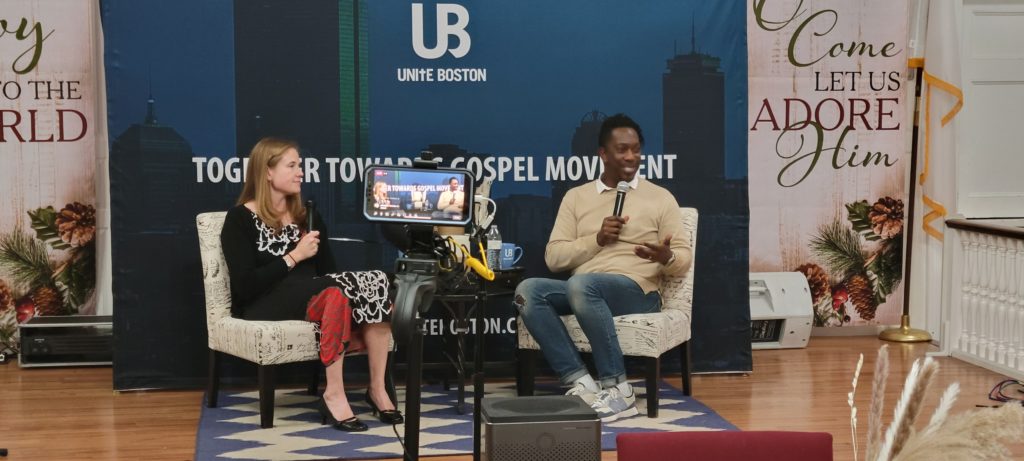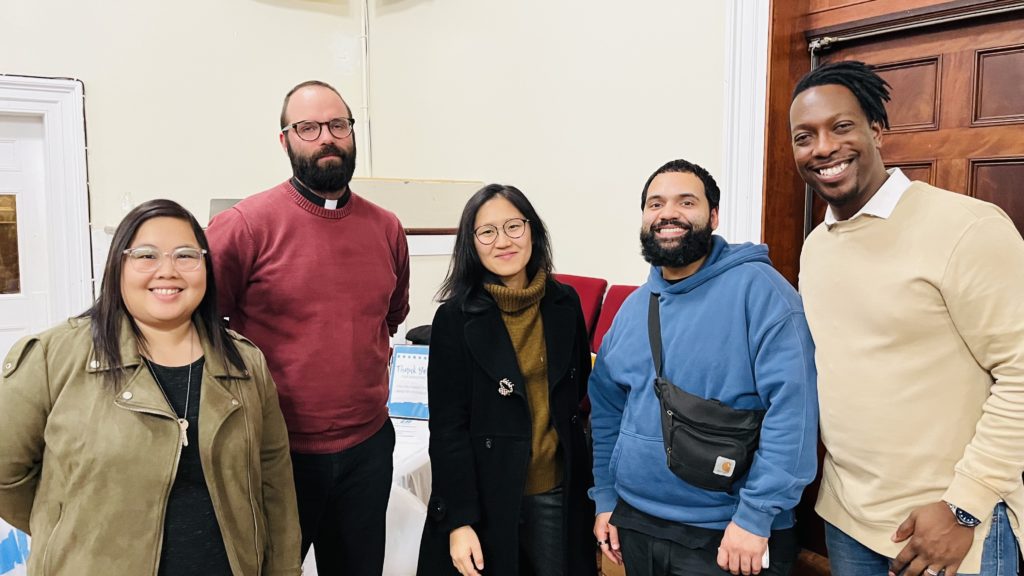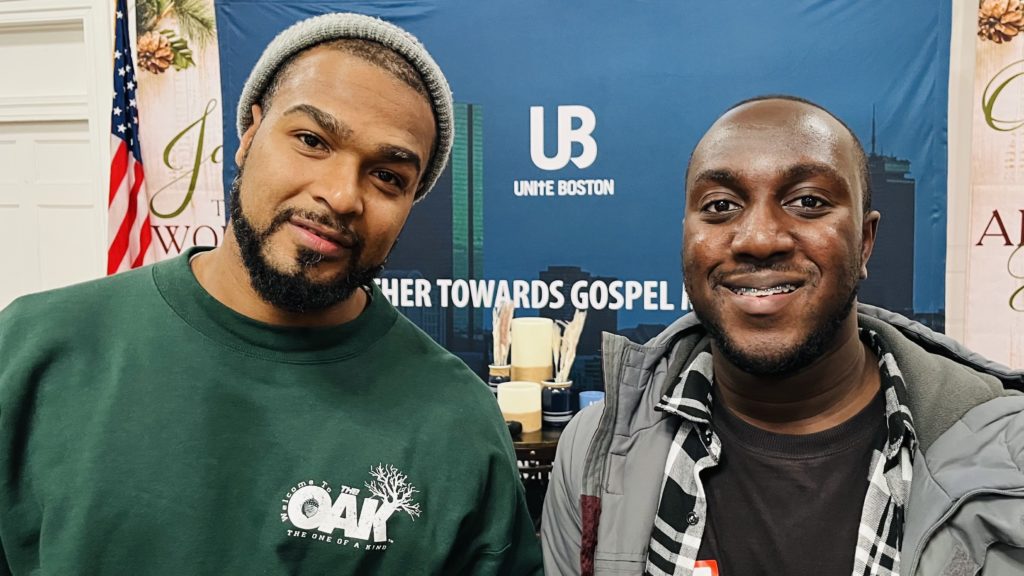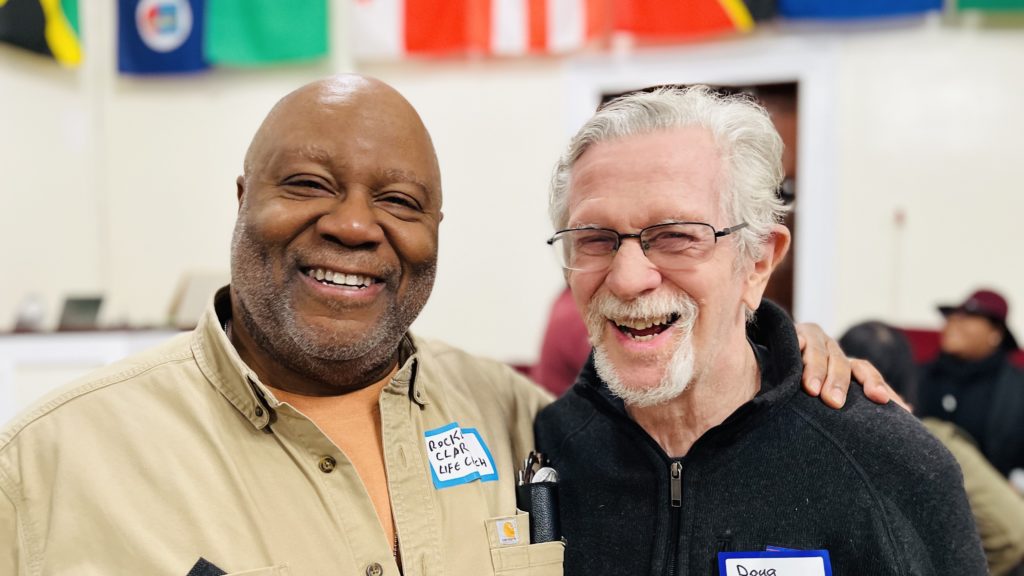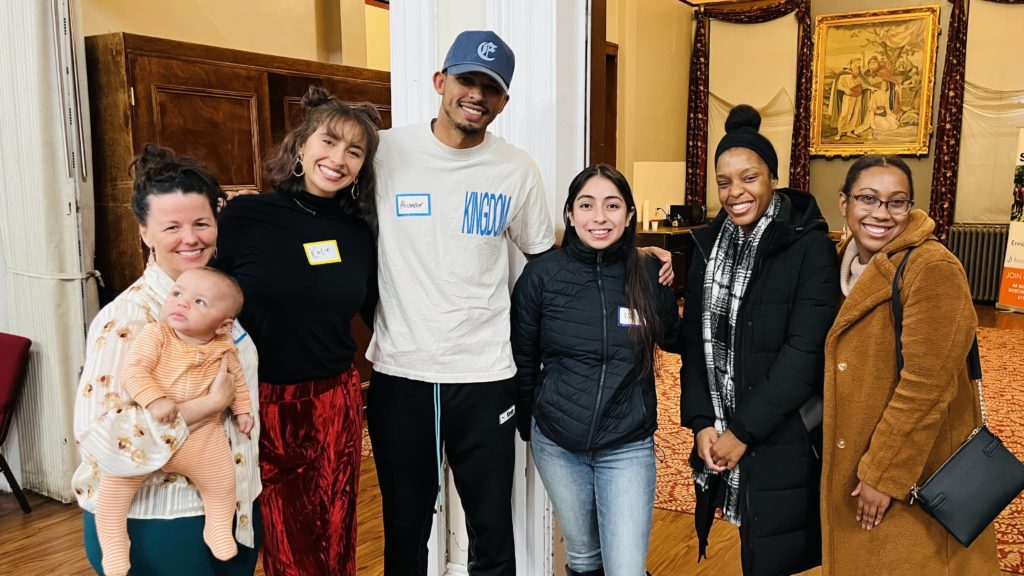What does it mean to embody God’s call toward conflict transformation? Today, Lexi Carver shares some insights she gained on her journey studying peacebuilding in Northern Ireland. Lexi is a member of the Church of the Cross and is passionate about understanding how the Church can be a force for peace building rather than violence. Read below to hear her share about some people she met who are actively living out God’s call to “love your enemy (Mt. 5:44).
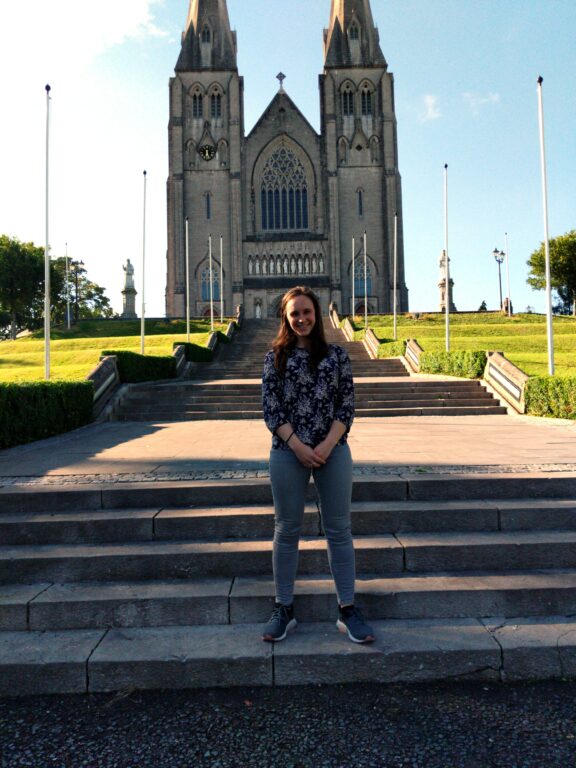
Last year, I was lucky to take a short class about conflicts in Northern Ireland for my studies in conflict resolution. I knew the Northern Ireland conflict wasn’t “over,” as reverberations were still felt by all who’d lost loved ones during the Troubles (the period of widespread violence that lasted from the 1960s into the 1990s), and many who still suffered from systemic injustices, safety concerns, and bitterness.
Even symbols were still a point of major contention, with flag-burning being something of an annual pastime, considered by some to be a “harmless” way to vent feelings of aggression and dislike of the “enemy” group.
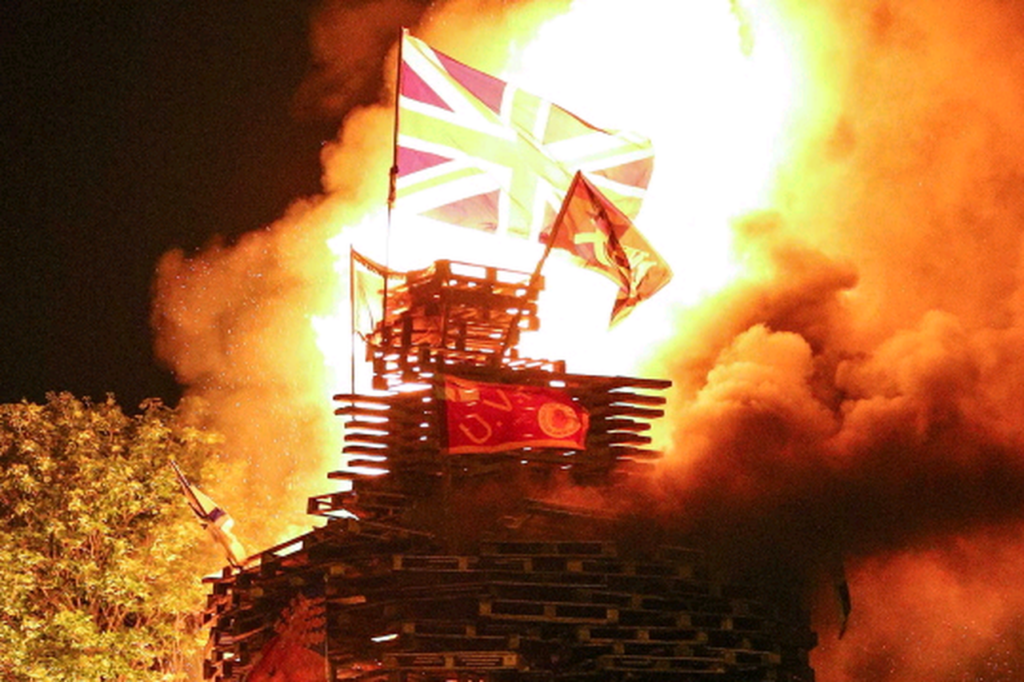
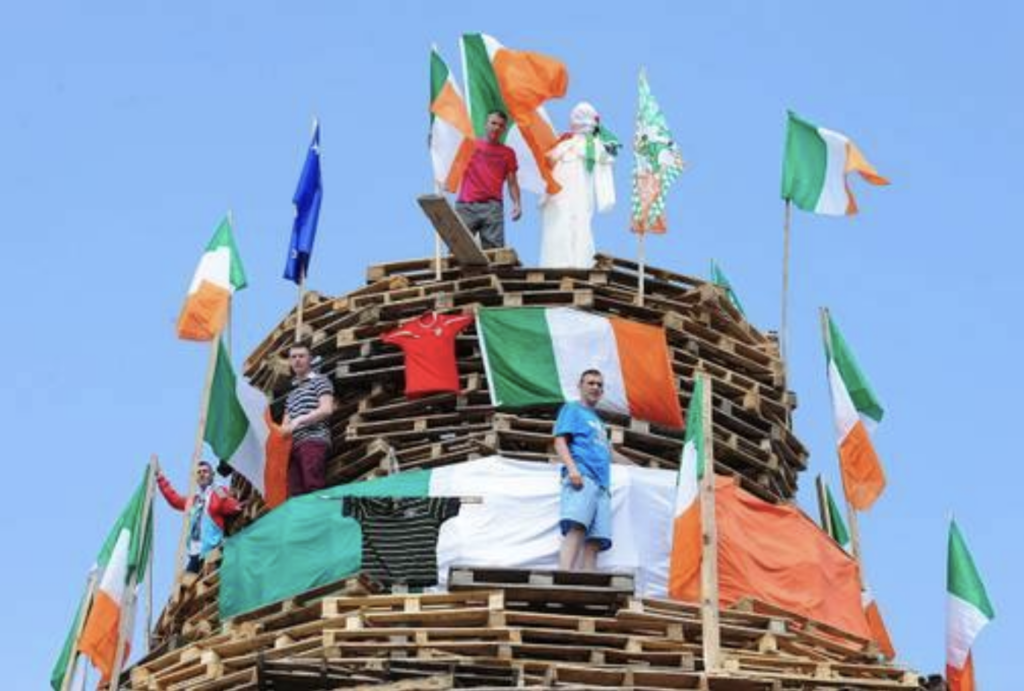
(Jtcorscadden, CC BY-SA 4.0; image credit Wikipedia Commons)
The Irish nationalist/Republican residents were primarily Catholic, while the pro-British loyalist/Unionist residents were primarily Protestant. In visiting Northern Ireland, I wanted to know most of all how people drew on their faith in responding to violence, injustice, and ethnic division and discrimination when it occurred across ecumenical lines. So I went to Northern Ireland looking for the Church.
Spoiler alert: Much of what I saw wasn’t very pretty, but its strong parts glow brightly with the love of Christ.
As is often the case in conflicts and oppressive systems that operate on a nation-wide scale, the loudest voices are often ugly or impotent or full of excuses and nice buzzwords that don’t mean much. But the quietest voices are often the best ones to learn from.
I was frequently taken aback by how much of the church décor, sermons, and attitudes were political—even while some priests repeated a refrain insisting that the conflict was “not religious” in nature, as if this absolved them of responsibility. I left many interviews deflated by the clergy’s unwillingness to lead their parishioners in the challenging ways of Christ’s love, including ecumenical respect for their neighbors.
By the end of the week, I’d seen many corollaries in Northern Ireland to the sorts of injustice and religious nationalism that make headlines within the US, reminding me of oppression, cross-cultural blindness and obstinacy, and ingrained mistrust back home.
Perhaps the priests themselves, I thought dejectedly, weren’t great examples of reconciliation work. Some of the laity, however, were more open-hearted. I met an inspiring Catholic who’d been a therapist during the Troubles and practiced iconography in the Eastern Orthodox style to help her get through that difficult work:
But I wanted to find someone who was leading reconciliation work between churches, and I knew this would need to involve the clergy or at least happen with their blessing. Finally, at Clonard Monastery in Belfast, I found what I was looking for.
The priest who welcomed me beamed with a Christly peace and joy. I discovered that he was one in a line of many at Clonard who intentionally avoided the common attitudes, prejudices, and hand-wavy non-solutions, and instead did the slow work of walking through difficult conflicts in close, loving relationships with their so-called “enemies”. His mentors and predecessors had been willing to lay down their lives for it, including a pair of priests – one Protestant and one Catholic – who had agreed many times that whoever outlived the other would bear the coffin and speak at the other’s funeral1. Another Catholic priest at Clonard had won the trust of both sides’ political leaders and helped to facilitate the 1994 peace agreement—the same one who was known for the then-radical act of performing last rites in the street for a pair of Protestant British soldiers who were killed when they attacked the Catholic funeral of an IRA member.
The darkest days of violence were over, the new priest told me, but the conflict remained; ongoing reconciliation was still needed. He told me sadly that many local Protestants and Catholics (both clergy and laypeople) had been furious with the monastery (and the Protestant churches they worked with) for their reconciliation efforts. Despite the fact that the most violent aspects of the conflict had died down some years ago, working with the other group was still viewed as traitorous. No matter; he continued his work. He had recently helped to organize inter-denominational prayer services (a more radical and fraught endeavor in that setting than it would be in the US). He spoke highly and tenderly of his Protestant counterparts, with whom he clearly had real, abiding friendships and genuine respect. When I asked if he would vote for Northern Ireland to join the nation of Ireland, he shook his head and said that even though he wanted it, he would not vote for it unless he believed his Protestant brethren could live peacefully with it. Perhaps one day, they would, but not now.
When I asked if I could take home any incense from the monastery, his face lit up: “Never have I had a Protestant visitor ask me for incense!” He generously insisted on giving me roughly an entire pint of it (thankfully, airport customs didn’t question me about the copious amounts of glittery powder in my luggage). Leaving Belfast that day, my heart was gladder: I’d found the Church as I’d hoped it would be, casting Christ’s light into the world beyond its own doors.
1 Fr Gerry Reynolds, a Catholic priest, and Ken Newell, a Presbyterian minister, were known for their extraordinary and tireless partnership in the work of reconciliation in Northern Ireland. For more about their work, I recommend the book Unity Pilgrim: The Life of Fr Gerry Reynolds CSsr by Gladys Ganiel.
2 Comic relief, while not always polite, is one way the locals deal with the tensions. This video from The Blame Game deals with flags and accents.
P.S. If you’re interested to hear more about a structured conversation model to help churches, individual Christians and communities to engage in conversations across deep divides with greater courage, equity, healing, and fruitfulness, click here to learn about the consulting work we offer on kingdom conversations.
